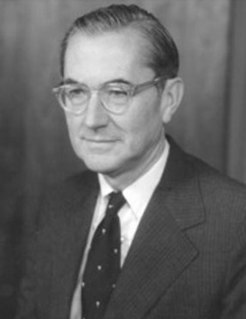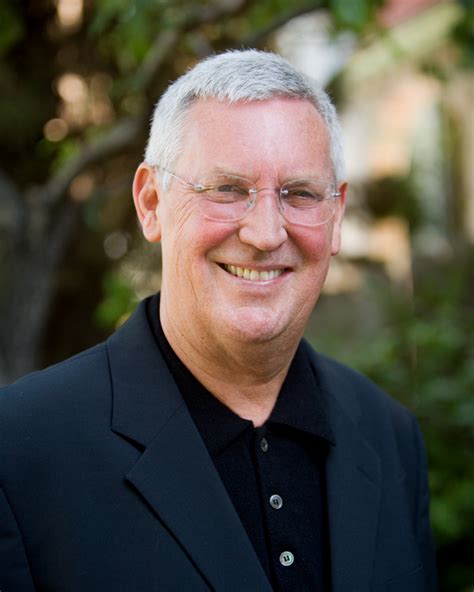A Quote by George Will
The realistic way to reduce the amount of money in politics is to reduce the amount of politics in money -- the importance of government in allocating wealth and opportunity.
Quote Topics
Related Quotes
There are a lot of people who say we need to cut the amount of money that's spent in politics. I'm not sure that I agree. But I am sure that if you were talking about cutting the amount of money spent in politics, the media would have a strong interest in opposing you, because they make an enormous amount of money from political advertisements.
The leftists are constantly whining and moaning about all the money in politics. They want campaign finance reform, right? They want to get all the money out of politics. They want government money governing campaigns. They want all the money out, they say. But then you look at their coffers, and it's overflowing with hundreds of millions of dollars.
I came into politics partly because I want to be able to reduce taxes so that individuals have more of their money to spend, so that businesses have more of their money to create jobs, but I believe that lower taxes are sustainable when you get the public finances in order, so I will only make promises I can keep on taxation.
Any money the government spends must be taxed, borrowed or conjured out of thin air by the Federal Reserve, and that will reduce sound private investment. Obama has no real wealth to inject into the economy. He can only move around existing money while inflation robs us of purchasing power. Meanwhile, private investors who might have produced a better engine, battery, computer, cancer treatment or other wealth-creating and life-enhancing innovations hold back for fear that big government will undermine productive efforts.































